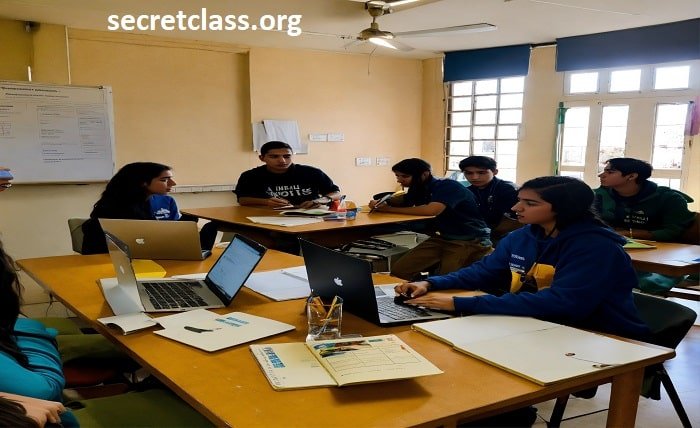Every educator strives to create a thriving learning environment for their students. However, limited resources can often pose a challenge. This is where education resource strategies come in. By implementing effective strategies, educators and school leaders can maximize the impact of available resources, ensuring all students have the tools they need to succeed.
Education Resource Strategies
Education resource strategies focus on optimizing the use of three key resources:
People: Teachers, administrators, support staff, and even parents are all valuable resources. Strategies can involve maximizing their strengths, fostering collaboration, and ensuring efficient use of their time.
Time: Optimizing instructional time and creating flexible learning models are crucial.
Money: Budgeting effectively and allocating funds strategically are essential for acquiring necessary materials and programs.
Boost Your Resource Efficiency
Data-Driven Decision Making: Analyze student data to identify needs and tailor resource allocation accordingly.
Collaboration is Key: Encourage collaboration among teachers to share resources and expertise.
Technology Integration: Utilize technology to personalize learning, streamline processes, and access online resources.
Community Partnerships: Partner with local businesses, organizations, and volunteers to enrich learning experiences and access additional resources.
Resource Sharing: Explore resource-sharing programs with other schools to expand access to materials and equipment.
Grant Opportunities: Research and apply for relevant grants to supplement funding for specific needs.
Prioritization and Flexibility: Prioritize resource allocation based on impact and adapt strategies as needed.
Parent and Community Engagement: Engage parents and the community to provide support, materials, or volunteer time.
Conclusion
Optimizing resources in education isn’t about having more, it’s about using what you have more effectively. By employing these strategies, educators and school leaders can create a learning environment where every student has the opportunity to thrive. Remember, a resourceful approach can lead to remarkable results, empowering educators to make a lasting impact on their students’ lives.
FAQ
- How can I measure the impact of my education resource strategies?
Regularly assess student progress and adjust strategies as needed. Consider factors like standardized test scores, engagement levels, and feedback from students and teachers.
- What are some free or low-cost resources available?
Many online resources, open educational resources (OERs), and educational apps offer valuable content at minimal cost.
- How can I get buy-in from stakeholders for implementing new strategies?
Clearly communicate the benefits of the strategies and involve stakeholders in the decision-making process. Pilot programs can showcase the positive impact before full implementation.
